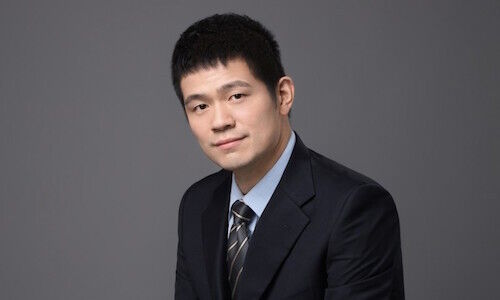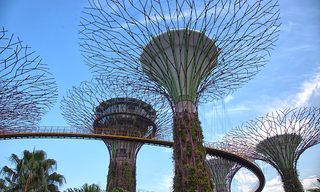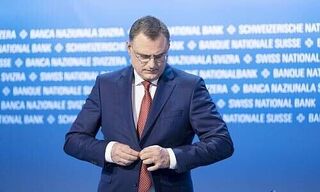A week after the US election, a burst of activity by ASEAN and APEC shows that many countries are getting ready for Trump 2.0's vagaries and ambiguities.
If nothing else, President-elect Donald Trump's second administration promises to shake the regional and international order in very unexpected ways, and right now, it appears that few are prepared to wait and see what happens when he assumes office in January.
Regionally, among those getting ready include The Association of Southeast Asian Nations (ASEAN) and APEC, which stands for Asia-Pacific Economic Cooperation.
Possible Cooperation
For its part, ASEAN, the economic union of ten Southeast nations including Singapore, announced on Tuesday that it would take part in an International Business Forum in Kuala Lumpur, Malaysia, on November 26-27 to discuss closer cooperation with Russia, which is currently engaged in a protracted war in Ukraine – and in a deep standoff with the US, the EU, and other western allies, including several regional cohorts.
The central theme of the forum will be «overcoming global challenges by forging actionable partnerships and joint projects» with the areas being looked at including economics and finance, the oil, gas, and chemical industries, transportation, technology, innovation, information security, science and education medicine, tourism as well as the humanitarian sector.
APEC in Lima
This comes on top of last Friday’s announcement that China President Xi Jinping would attend the 31st APEC Economic Leader’s Meeting in Lima, Peru after the Latin American nation was named a Development Partner early this year. The wider economic forum comprises 21 members representing about 62 percent of world GDP and, by its account, «nearly half» of world trade.
Indeed, a related announcement sent out by «China Global Television Network (CGTN)» shows a flurry of activity between China, APEC, and other countries including the so-called Global South, a group of 134 states from Central and South America, Africa, Asia, and Oceania.
Great Importance
The momentum, even eagerness, is palpable, with the CGTN message reiterating the importance of APEC to China by trotting out Ministry of Commerce statistics indicating that they made up almost 60 percent of all the mainland’s imports and exports.
«President Xi attending the meeting is an important head-of-state diplomatic event carried out by China towards the Asia-Pacific, which demonstrates the great importance China attaches to Asia-Pacific economic cooperation,» Chinese Foreign Ministry spokesperson Mao Ning indicated on Friday, at a press conference reported on by CGTN.
Fewer Tariffs
A key message in the announcement was a reminder of the global initiatives Xi had proposed and a call to build a «shared future» for the Asia Pacific community.
In an indirect swipe at Trump, who is expected to raise tariffs when he enters office, CGTN pointed out that the region had managed to cut average tariff rates from 17 percent to 5 percent while contributing 70 percent to global economic growth over the past 30 years (a finews.asia piece earlier on Tuesday took a closer look at the expected impact of tariffs from the point of view of the market and private banking perspectives).
Global South Forum
The CGTN website itself seemed to get the Global South into the fray, with Xi congratulating the Global South Media and Think Tank Forum, which kicked off yesterday in Sao Paulo, Brazil.
The underlying message seemed to be setting a firm counterpoint to the foreign policy expected under Trump over the next four years.
Orderly Multipolar World
«China is willing to work alongside Global South countries to practice true multilateralism, advocate for an equal and orderly multipolar world, and universally beneficial and inclusive economic globalization in a joint effort to build a community with a shared future for mankind,» Xi indicated in the announcement.
Whatever one says, the incoming US Secretary of State, whoever it is, will have their work cut out for them while the sanctions departments at international banks don't look like they will get much of a break, at least initially.




























